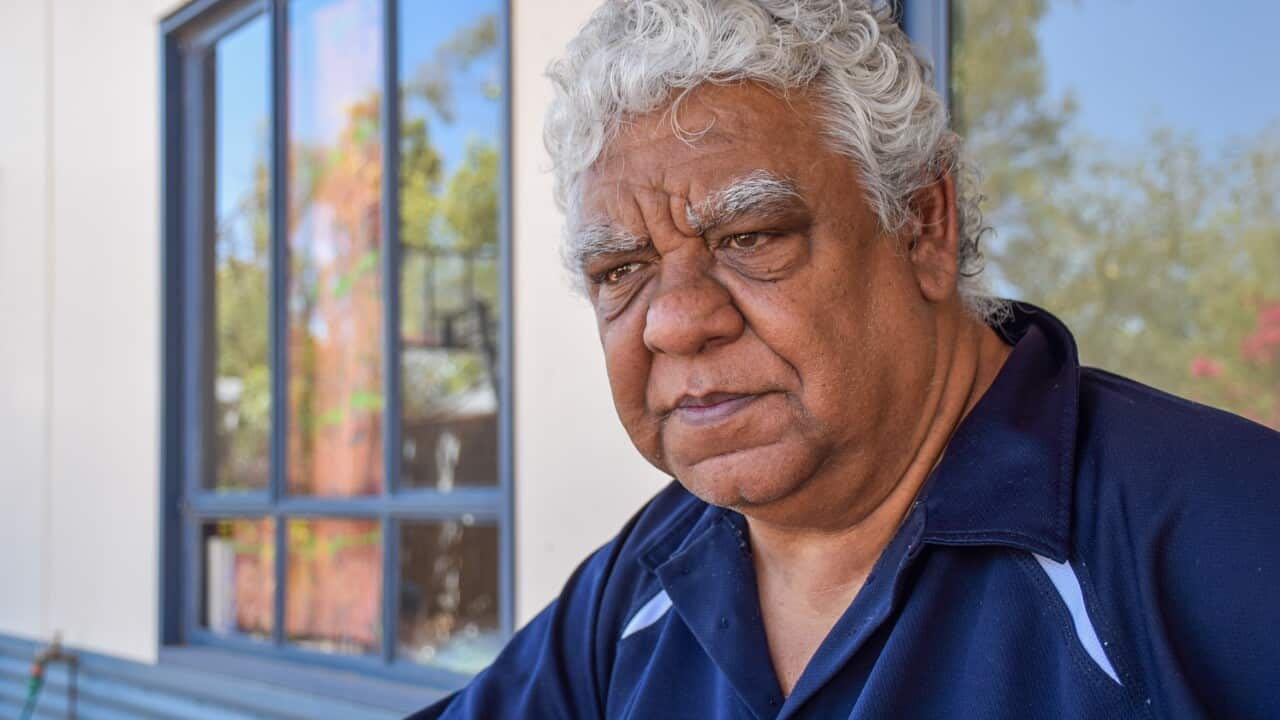When Kokatha and Mirning woman Yvonne Mills was just six years old, she was told her mother didn't want her and gave her away.
"Those words haunted me and compounded the trauma I had already experienced," she told an Apology anniversary gathering on Thursday morning.
"I am a Stolen Generations survivor, the youngest of five children separated from our mother - we were very young children, infants and babies.
"Our mother was exempt from the Aborigines Act, which meant she ceased to be an Aborigine.
"The colour of her skin, however, prevented her from being treated equally in the society where she was forced to live."
On February 13 2008, then-prime minister Kevin Rudd delivered the in federal parliament, acknowledging the trauma and grief suffered by Aboriginal and Torres Strait Islander people caused by past government policies.
As many as one in three Indigenous children were taken from their families and communities, according to Stolen Generations organisation the Healing Foundation.
On Thursday, in a speech marking the anniversary of Kevin Rudd's Apology, Prime Minister Anthony Albanese said it was a day "that mattered in the life of our nation".
"Of all my days in parliament on which I look on with great pride, it remains the day of which I remain proudest," he told a national Apology breakfast at Parliament House in Canberra.
Mr Albanese used his address to announce extending the Territories Stolen Generations Redress Scheme to 30 June 2028, giving survivors from the Northern Territory, ACT and Jervis Bay Territory an extra 18 months to apply for compensation.
"The Apology was never intended as the end of the story, rather – as Prime Minister Rudd said – the beginning of a new chapter," Mr Albanese said.
"We put behind us the old chapter that took from you the most profound of rights: to grow up safely in your own family and together we write a chapter of self-determination."
READ MORE

Explainer: the Stolen Generations
First Nations organisation Children's Ground said 17 years after the Apology, the situation remains dire for Indigenous children.
Chair William Tilmouth said the anniversary is not a day he reflects upon with pride.
"It is a yearly reminder of the deep and distressing reality of on-going harm – of failed policies and actions resulting in more of our children than ever before being ‘taken into care'," he said
A Healing Foundation report, released on Wednesday, found only six per cent of the recommendations of the 1997 report, which investigated the forced removal of children from their families, had been implemented.
Minister for Indigenous Australians Malarndirri McCarthy told the Apology Breakfast that it was important that day was never forgotten.
"But even more important is what you're doing now," the Yanyuwa Garrawa woman said.
"You continually remind us that too many of our kids are still being removed ...
"In my family, we raise so many children because we know what it's like when they're raised in a system that we've seen hurts our families ...
"But I'd like to think that if we have the ability under the Prime Minister to move forward, to be given a chance, a second go at our term here in this parliament to keep leading, to keep working through these very, very fundamental issues for our people, the high rates of removal, the high rates of incarceration, we need to keep doing that collectively."
Reconciliation Australia chief executive Karen Mundine described the Apology as a "watershed moment" for reconciliation and truth-telling.
But she said Aboriginal and Torres Strait Islander children are still "grossly over-represented at every stage of the child protection system".
"The lack of comprehensive implementation of recommendations from the ground-breaking members of the Stolen Generation reference group report illustrates a vital component of truth-telling – that it must achieve change," Ms Mundine said.
"The trauma experienced by Stolen Generations survivors in telling their stories in 1997 needs to be acknowledged with a package of assistance for the remaining elderly survivors."
READ MORE

Apology Anniversary
Ms Mills, too, called on governments to honour their commitment to implementing the Bringing Them Home recommendations in the spirit in which they were intended.
She spent 21 years searching for the truth.
"Participating in the process of being interviewed by the National Inquiry team, collecting records through state archives, South Australian Museum, Lutheran archives and submitting an application to the South Australian Stolen Generations Reparation Scheme," Ms Mills said.
"I did not inflict the trauma of separation on myself and without immediate and necessary care, meant the trauma was left to take over my life - and it's not so easy to simply forget.
"This year, marks 28 years since the Bringing Them Home report was tabled in1997 and Stolen Generation survivors are still waiting for action to be taken by those responsible."






